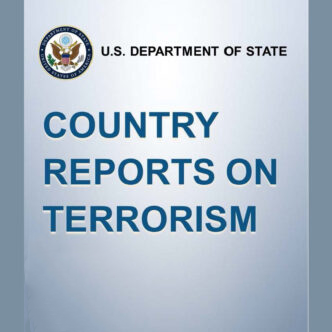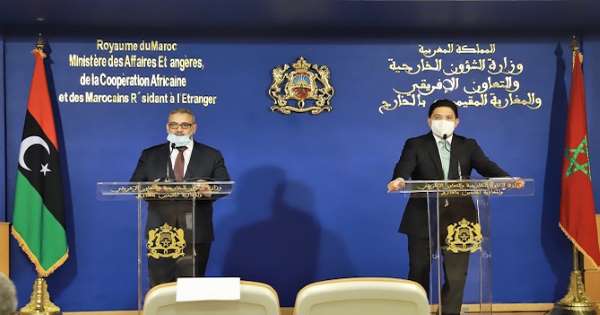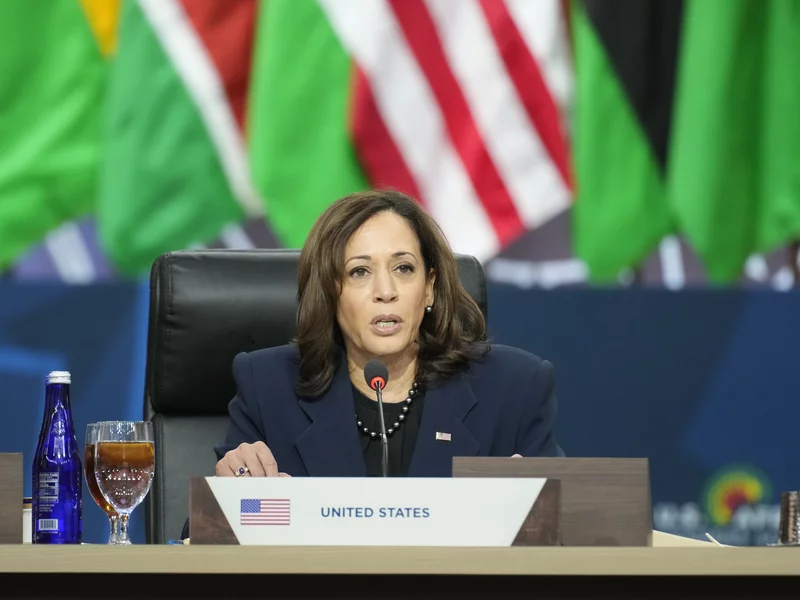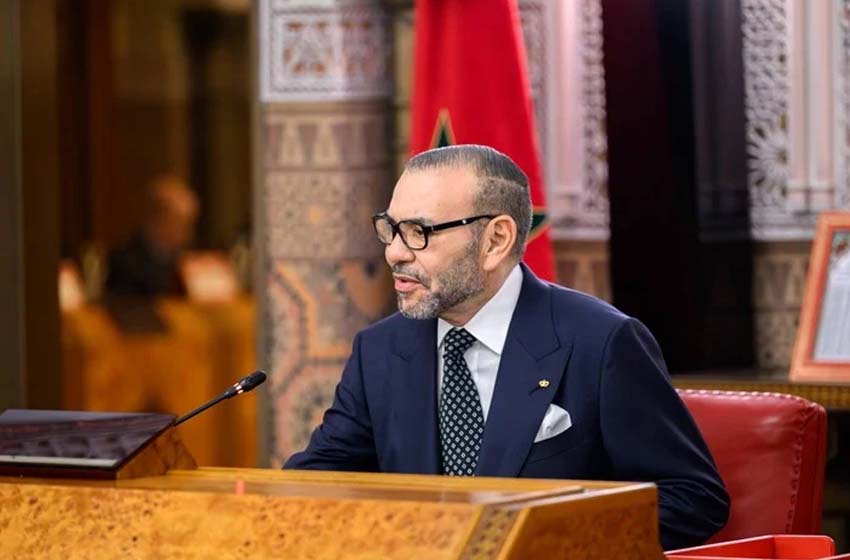The U.S. State Department has commended Morocco’s counter-terrorism (CT) efforts which have enabled the North African Kingdom to mitigate the risk of terrorism by promoting economic and human development in addition to countering radicalization.
In its annual country reports on terrorism released Thursday, the State Department said Morocco continued its comprehensive strategy that includes vigilant security measures, regional and international cooperation, and counter-radicalization policies.
In 2023, the country continued to face sporadic threats from individual actors or small, independent terrorist cells, the majority of which claimed to be inspired by or affiliated with ISIS, said the report.
Last year, Moroccan law enforcement, under the coordination of the Ministry of Interior, arrested at least 56 individuals, of whom 40 were lone actors, while the 16 others were associated with six different terrorist cells.
Moroccan law enforcement leveraged intelligence collection, police work, and collaboration with international partners to conduct CT operations. The Central Bureau of Judicial Investigation (BCIJ) remains the primary law enforcement agency responsible for counterterrorism prosecutions.
The BCIJ operates under the supervision of the public prosecutor of the Court of Appeals. Moroccan law enforcement agencies participated in a wide range of U.S.-sponsored programs to improve the country’s technical and investigative capabilities, including financial investigation, intelligence analysis, forensics, aviation security, and cyber-security.
Border security remained a top priority for Moroccan authorities. Morocco is a member of the Middle East and North Africa Financial Action Task Force (MENAFATF), and its Financial Intelligence Unit is a member of the Egmont Group.
In February, Morocco was removed from the Financial Action Task Force (FATF) gray list. The country has a comprehensive strategy for countering violent extremism that prioritizes economic and human development in addition to countering radicalization and oversight of the religious sphere.
To counter “religious extremism,” Morocco promotes an interpretation of the Maliki-Ashari School of Sunni Islam. The Ministry of Islamic Affairs has developed an educational curriculum for Morocco’s nearly 50,000 imams as well as for female Islamic guides (mourchidates). Morocco’s imam training center in Rabat trains imams mostly from West Africa.
The Royal Mohammedan League of Ulema (Rabita Mohammedia) counters radicalization to violence by producing scholarly research, reviewing educational curricula, and conducting youth outreach on religious and social topics.
Since 2017, an estimated 300 detainees have completed Morocco’s deradicalization program (Moussalaha), administered by the Prison Administration and Reintegration, in cooperation with other ministries.
Furthermore, Morocco is a member of the Global Coalition to Defeat ISIS and co-chairs the Africa Focus Group. The country is also a member of the Global Counterterrorism Forum. In 2023, Morocco and the EU launched an initiative in the GCTF on education for the prevention and countering of violent extremism.



